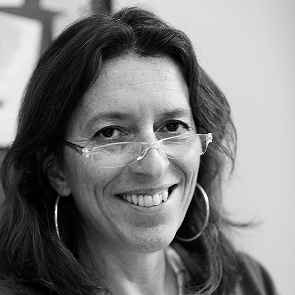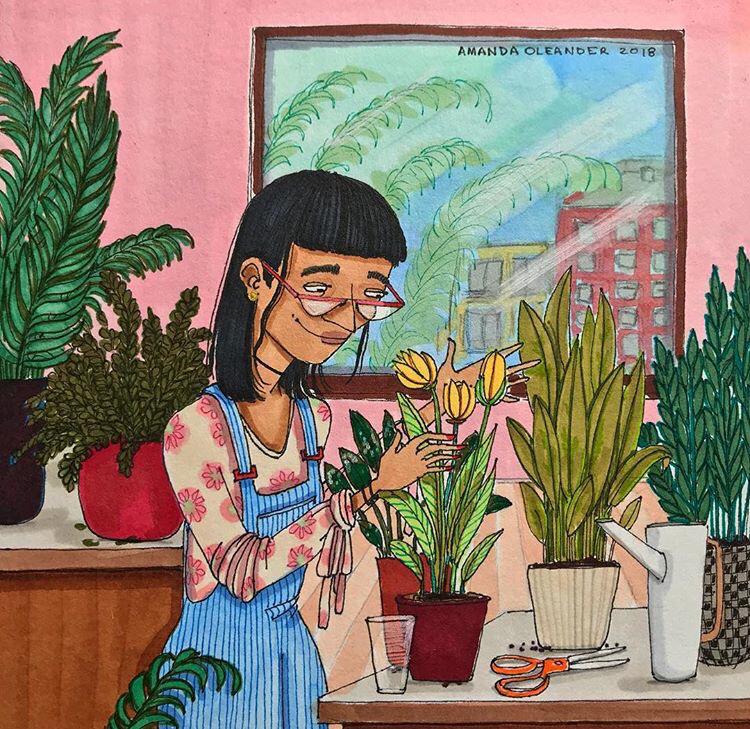Emel Kurma
About
Emel Kurma is a human rights defender from Turkey. She focuses her work on fairness and justice, as well as environmental rights and freedoms. She is the proud founder and Co-Executive Coordinator of Citizens’ Assembly founded in 1990, Istanbul. The organisation advocates rights, freedoms, and peace while aspiring for a transparent and socio-ecologically credible political economy.
Could you please give us a little background about what you do, how long you have been doing it for, how you began, and what initially inspired you?
I have always been interested in issues of fairness and justice, environmental rights and freedoms. I studied my MA in Ankara and three years after I graduated from university, I helped set up the organisation that I am now working for.
For the first few years I worked on a fully voluntary basis, but eventually I became a de facto Coordinator Executive secretary. We are currently coordinating different projects, looking into organisational strategy – we remain doing professional work, but at the same time we are trying not to turn human rights into a profession.
What kinds of projects do you get involved with?
Our projects are the implementation means of rather long-term programs, which get to be activated once we find the resources, which are not only and always funding. We are involved with the practices of secular and religious conflicts in daily life and in how to transform them. I would say these are mostly societal, transformative, and transitional work investments. We also look at the democratic transformation of society at large, so that society pulls and pushes for political reforms.
Have you found that certain groups of women are more at risk to specific issues than others? Do you have any examples of this from your own experiences that you wouldn’t mind sharing?
Yes, they would be of course women who are in double jeopardy. Not just because of direct legal or political harassment but because of the whole societal discipline, such as being a single mother, being divorced, or being liberal with your life. That is one thing which could make you more prone to arrest, for example. I would say the main thing would be the converging risk issues. If socioeconomically you are in a less than competent situation, disadvantaged, maybe less privileged in terms of having a network, such as the one I have – that being the fact that I can speak a language other than my own.
Kurdish groups would also be more prone. Roma rights defenders are even double, or triple discriminated. The womanhood is added onto the other risks and disadvantages.
How do you think the women's rights movement could be strengthened across the globe?
I would say some cultural mediation within the group is necessary. Some negotiation, especially in groups from conservative religious backgrounds, and more of those who don't have a religion, or who are not leading their lives to such moralities.
It might be difficult for some conservative groups to admit domestic violence. Not to admit when it happens is a paternalistic problem. A lot of learning and self-reflection is necessary for both groups, the modern secular women and the conservatives. I think this is imperative because most of the conservative religious groups are pulling down on women’s rights from within.
Image by Amanda Oleander
In your experience, what self-care methods have helped you from battling things like burnout?
I have a glass back-balcony in my apartment where I started planting edible plants and herbs such as parsley. I also tried to take up on sewing which is very relieving, or sometimes I like to listen to the radio. I think most of the time because of the exhaustion and the burnout, it's the feeling of guilt. Because whenever you do something, you always feel like you are not doing what you are supposed to.
Image by Amanda Oleander
What advice do you have for other women activists, women human rights defenders, particularly young women who are interested in getting involved in the movement?
Getting involved! I think it is also associated with joining an organisation, but I think movements are not only made up of demonstrations. A good tactic I developed when I was in Bosnia was being in the library. A friend told me nobody knows that the librarians are the real heroes. The keepers. So in the work to defend, promote, advance human rights and freedoms – it is first of all the recognition of other fellow beings that matters.
“A friend told me nobody knows that the librarians are the real heroes. The keepers.”
Secondly, you are a part of the movement. When you are doing something in your life, you start changing from within your life first, and then sharing it with others. I think the main issue is the oppressive regimes pushing us more to do demonstrations. They anger us, frustrate us so much that we are thinking the work is always on the front lines. I lived through this in the Gezi protests.
If you could give your younger self just beginning human rights defence, one piece of advice, what would it be?
Get a real job first! Because I believe and hope to see the day that there will be less need for us. Be a teacher, be a tailor, be a driver, be a translator, be something! Be a plumber. Also have rights in your work. For the time being it looks like organisations and us, human rights defenders, are necessary. I worked for what I have now, and I am very happy with my choices. But it is equally important that if the world turns upside down, you will still be able to support yourself, your family, and keep doing what you do for the rights and freedoms.


